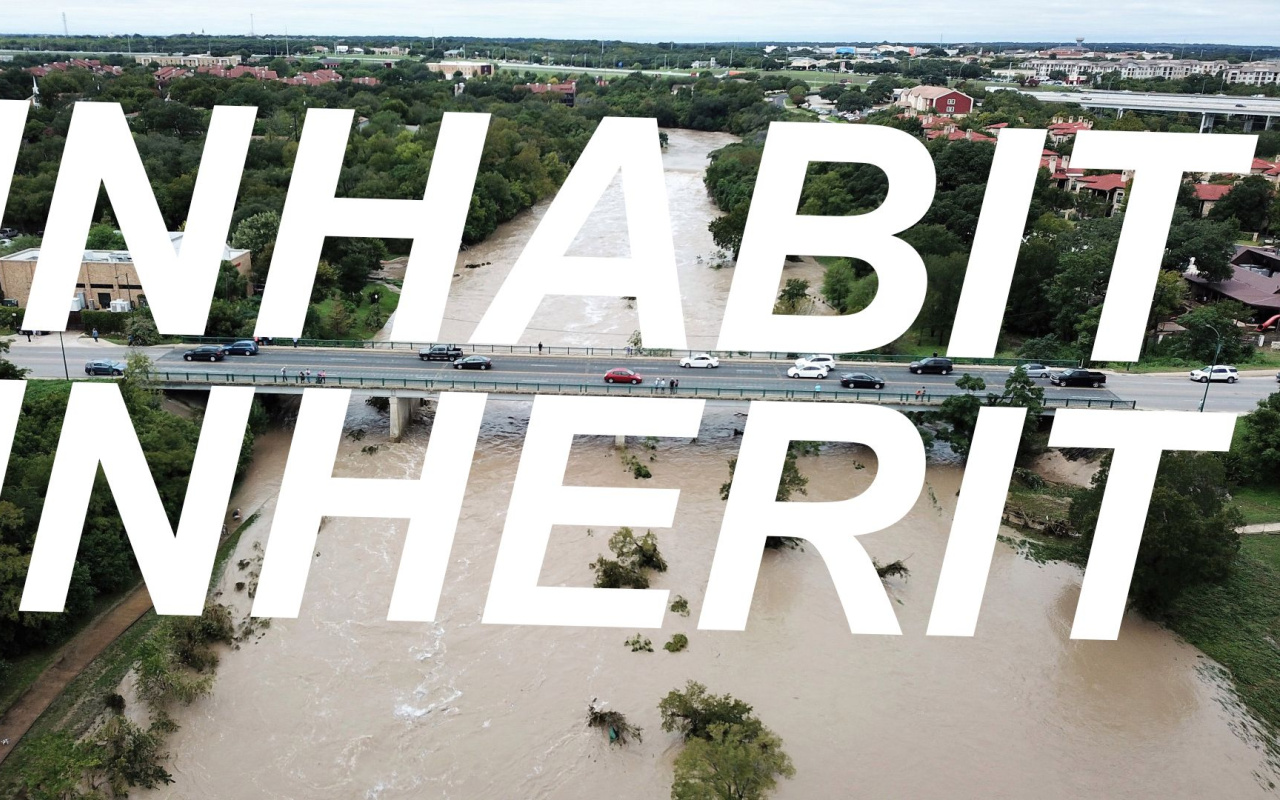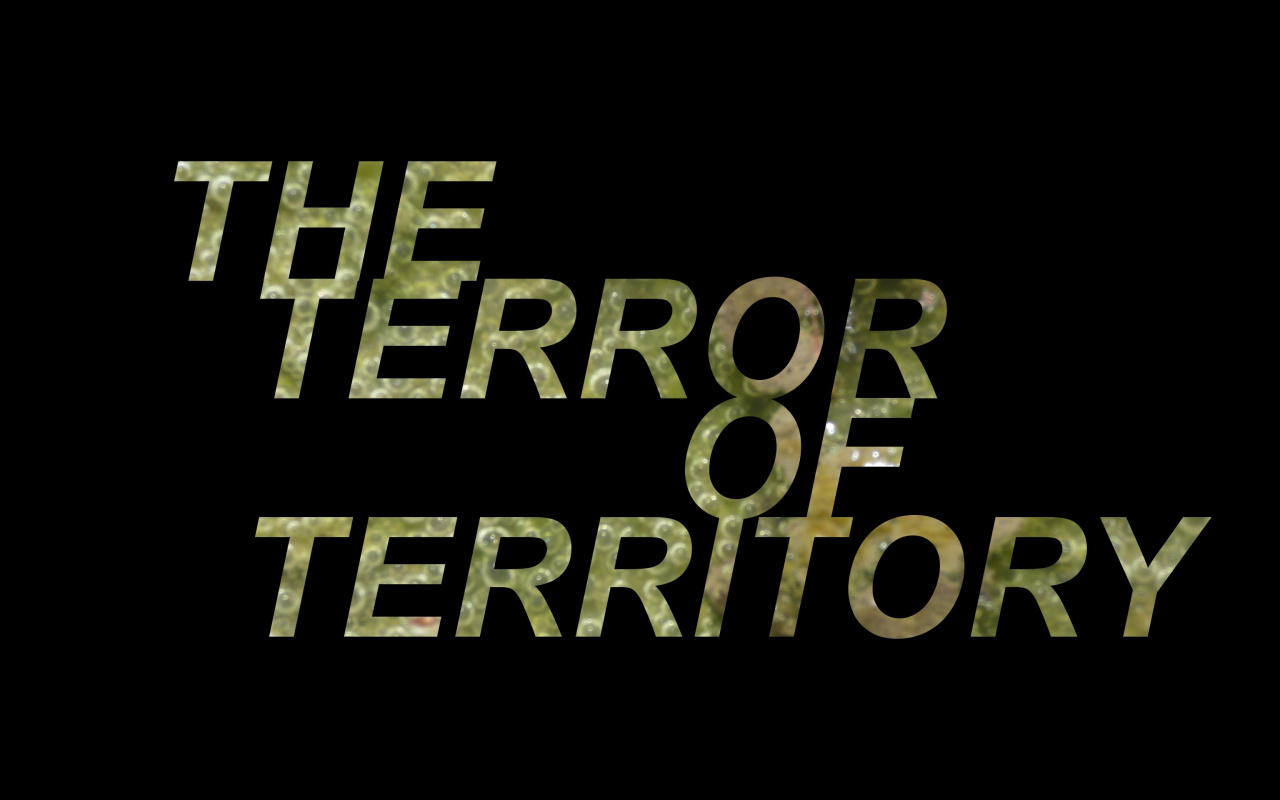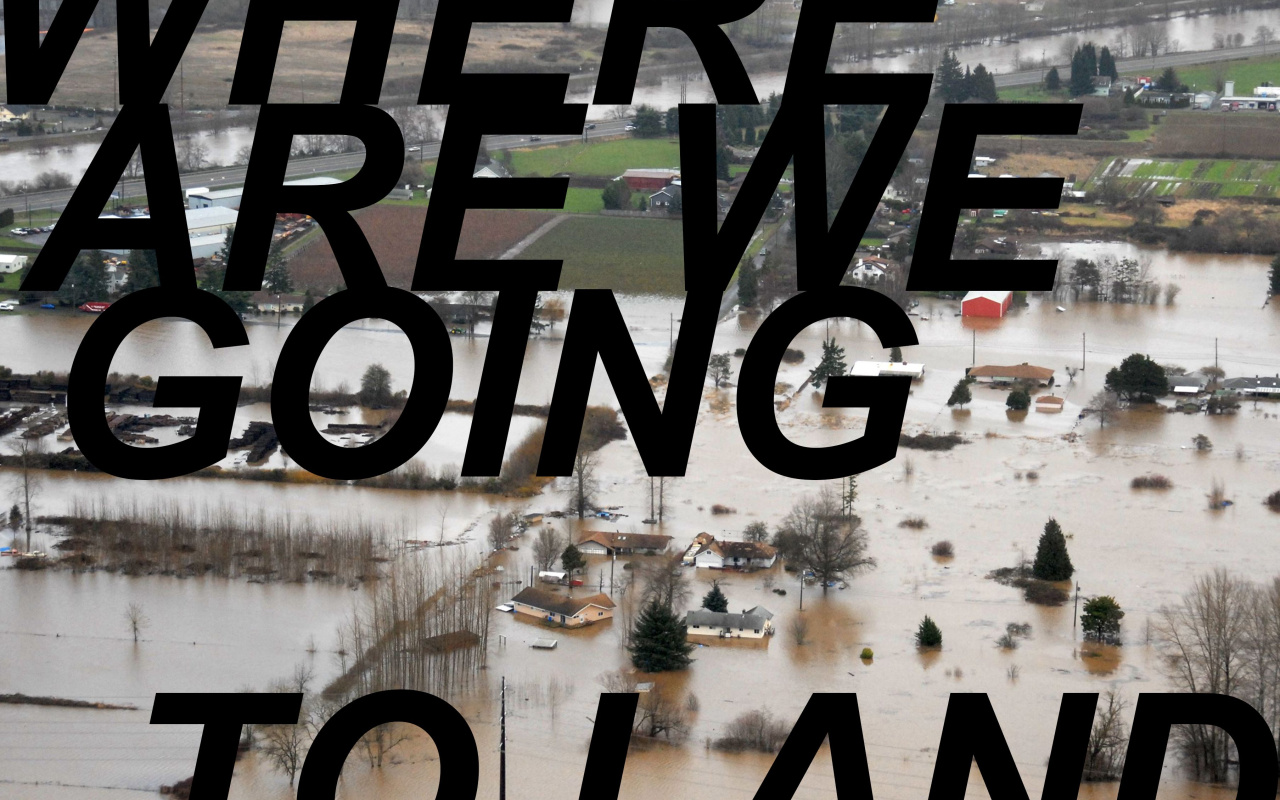THE GREAT DEBATE HAS NO DESCRIPTION
A contribution by Rachel Libeskind
To begin any inquiry with a fellow human as to their position on new territory (this increasingly unfamiliar land) we must all start with the question »What do I subsist on?«.
Without a serious meditation on the resources, systems and invisible architectures that make the most profound, and the most banal, impact on our existence – we cannot even begin to understand how to reformulate our relationship to the new terrestrial. We do not all live on the same planet; the different planets that we inhabit are not composed merely of different visions of the world, but by concretely different systems of justice and ethics.
The Earth – something we had once known, albeit falsely (thank you, Deities of Globalisation ) – is shifting beneath our feet, a constant turmoil of sinkholes and earthquakes. The soil that our forefathers once tilled for nutrients and harvested for calories, has turned its back on us. It is not us who have changed, but the soil. And so, we find ourselves shipwrecked on land which we had once known, land which had once provided us with a gilded familiarity and which is now uncannily foreign. Like a bad imposter, this new but old land is defrauding us for all the primordial and ancestral memories we had entombed in the bank of our spiritual fallacies. We are seasick. The land should look like this, the soil should do that, the crops should be fine, the weather should be tolerable, the ground should be steady, all of these boring and basic foundations are the thresholds to our fundamental misunderstanding of »our« land. Nature is a stranger – nature owes you nothing. Nature is just an invention to make you and I feel better about pillaging land that was never ours, and destroying the people who at one point knew these obvious truths – you are not on Earth, you are ‘in Earth’.
This new territory – a territory that has suddenly revealed itself, like a genie that we desperately are trying to stuff back into a small golden bottle, is an absolute terror to us. No longer can we live on solid bedrock of land that we can predict; our ability to dominate this new land is only met with terrifying reciprocation of domination – it is now we who are commanded by this monster, a Golem we have named Nature (who all the while, was within us, was around us, was us, is us). The Terror of Territory – whose land, whose rules, whose soil, whose microbes, whose viruses – weren’t borders and divisions supposed to keep us safe from having to contemplate the terrestrial?
What is left for us to inhabit in this new terrestrial? What comfort can we find on Earth, comfort that the poets of our ancestors once found in the familiar signs of the world around them that mirrored the systems they saw within their own bodies? To inhabit is fundamentally to inherit– we inhabit what we have inherited – perhaps not from a familial line, but from a cultural or tribal one. The terror of territory, the terror of bequeathing uninhabitable land, the terror of inheriting nothing – after many lifetimes built upon the assumption of this birthright and subsistence. Where are we going to land?
A contribution by Rachel Libeskind
Berlin, 2021


